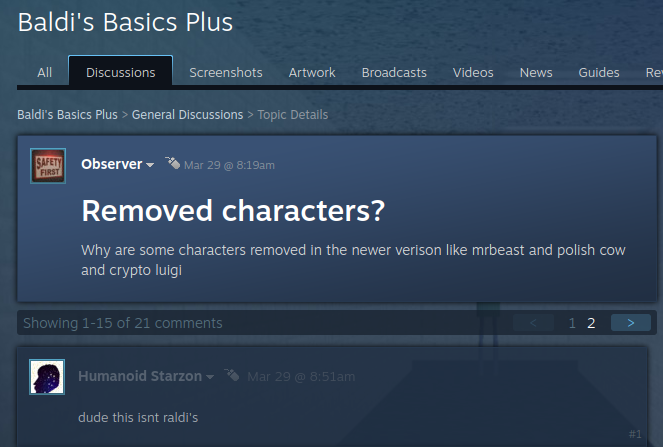The intellectual arguments about civil disobedience have been presented many times, with no agreement reached (Cohen, 1971; Singer, 1973; Zinn, 1968). The key factor causing differences in conclusions is the assumption about the legitimacy of the state. Those who assume the primacy and legitimacy of the state invariably take a narrow view of civil disobedience; those who question the state take a broader view.
Is it morally legitimate to break just laws in order to protest against unjust ones? For example, is it legitimate to block traffic if one agrees with traffic ordinances but wants to protest against laws against homosexuality? A narrow perspective, which requires civil disobedience not to challenge and hence undermine respect for valid laws, answers no. A broad perspective, which sees civil disobedience as part of a wider struggle for social justice, answers yes.
Must civil disobedients accept any legal punishment as right which is imposed for their violation of the law? A narrow perspective, which puts acquiescence to the law and the state as an unquestionable priority, answers yes. A broad perspective, which puts pursuit of justice above acquiescence to the law and the state and hence questions punishment as well as the unjust law, answers no.
Must civil disobedience be nonviolent? A narrow perspective, which is built on the assumption of the state monopoly over legitimate violence, answers yes. A broad perspective, which weighs state violence against countervailing violence without exempting either from moral judgement, answers no. (A broad perspective does not necessarily favour violence, since violence is often counterproductive. Rather, it does not accept the double standard of automatically condemning protester violence while justifying or ignoring state violence.)
These examples show that the intellectual arguments about civil disobedience are part of a wider struggle in which the authority and power of the state are at stake. But the existence of the wider struggle is usually submerged, especially by those defending the state. By castigating protesters as disruptive, violent and illegitimate, critics are engaging in a political struggle against the goals of the protesters; by basing their arguments on the unquestioned premise of the legitimacy of state power, they hide their own de facto commitments to particular parties to the struggle.
Another shortcoming of the theory of liberal society is its assumption of a degree of democracy that does not exist in practice. Without a more participatory democracy than provided by the electoral system, the usual liberal arguments about the political obligations of citizens hold little weight (Pateman, 1979).
The intellectual jousting about protest is fascinating, but just as important is the practical political response of governments as a method of limiting and controlling challenging groups. Protest is not a great threat to the power of the state so long as the protest challenges only policies and not the institutions of the state itself. The most effective way for governments to ensure that this happens is to appear to respond, usually by some form of symbolic action such as studying the issue, preparing legislation or setting up an inquiry (Edelman, 1971). Most protest movements do not have the organisational or economic foundation to 'sit out' an issue and wait for normal processes to take account of the problem.




